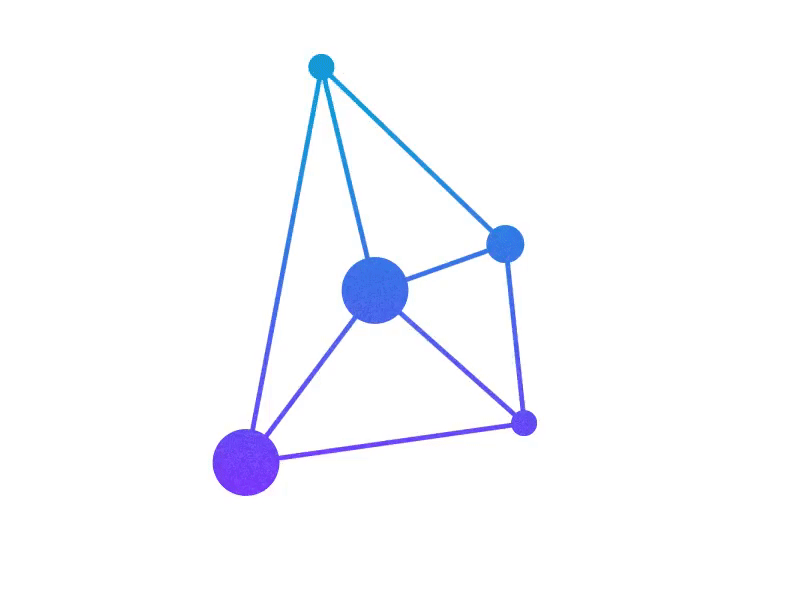
And what are the most important things Americans should understand about Iran-Contra?
- In December 1981, President Reagan signed an executive order authorizing a covert C.I.A. operation to support the Contras in Nicaragua - guerilla warriors who were trying to overthrow the rule of the Communist Sandinista government.
- In 1982, Congress passed an amendment to the War Powers Act of 1973 stating that U.S. Agencies were prohibited from providing military equipment, training or support to anyone "for the purpose of overthrowing the Government of Nicaragua."
- The Reagan Administration, however, narrowly interpreted the amendment to apply only to U.S. intelligence agencies, thus allowing the National Security Council to channel funds to the Contra rebels. The administration then got foreign countries to finance and further operations the Congress wouldn't fund, and it raised private charity contributions for foreign policies for which they could not receive national support.
- This mainly involved outsourcing the job of funding the Contras to a small band of private sector covert operators and to foreign governments, which were privately requested or pressured by the Reaganites to support the secret contra support operation through buying weaponsf.
- The "Iran" side of the scandal came from Reagan's covert efforts to sell weapons to Iran to obtain the release of American hostages held by terrorist groups supposedly under the control of Tehran - at a time when the White House was publicly declaring it would not negotiate with terrorists.
- The two secret projects merged when cash generated from the weapons transactions with Iran was diverted to the Contra operation.
- In short, a group of anti-communist, ultra conservatives in the the Reagan administration managed for two years to supply and direct a war in Central America despite congressional prohibitions, to arrange an swap of weapons for hostages with Iranian backers of terrorist groups and to come periously close to setting up a permanent secret team to carry out plots for the White House.
- These covert operations were inherently dangerous to the checks and balances of American government since they evaded Congress' primary check on the executive branch - the power of the purse strings.
- The Iran/contra vets were not to be trusted. Consequently, most of the officials involved in Iran-Contra went on to prosperous careers, with some even becoming part of the policymakers who advised George W. Bush to engage in the war in Iraq...
Richard Cheney - the vice president - played a prominent part as a member of the joint congressional Iran-Contra inquiry of 1986, taking the position that Congress deserved major blame for interfering with Executive privilege
Robert M. Gates - President Bush's nominee to succeed Donald Rumsfeld - was accused of knowing more about Iran-Contra while it was underway than he admitted once the scandal broke. He was forced to give up his chance to head the CIA in early 1987 because of suspicions about his role but managed to attain the position when he was re-nominated in 1991.
John Negroponte - appointed U.N. representative from 2001-2004,rambassador to Iraq in 2004 and director of national intelligence in 2005 - was the career diplomat who increased the U.S. military and intelligence presence in Central America as ambassador to Honduras, as well as participated in efforts to get the Honduran government to support the Contras after Congress banned direct U.S. aid to the rebels...
Elliott Abrams (former consulting attorney to Reagan) became director of the Office for Democracy, Human Rights and International Operations at the National Security Council - a White House position which is not subject to Senate confirmation. Abrams was convicted of lying to Congress about the Iran-Contra affair, but was later pardoned by Bush's father in 1992.
Perhaps more important is that no one involved in the highest ranks of the presidential administrations was held accountable. Bush was elected president while Abrams and other scandal vets were rewarded with prominent posts in the next Republican administration of George W. Bush."
Reference: http://gorhistory.com/hist111/irancontra.html


No comments:
Post a Comment